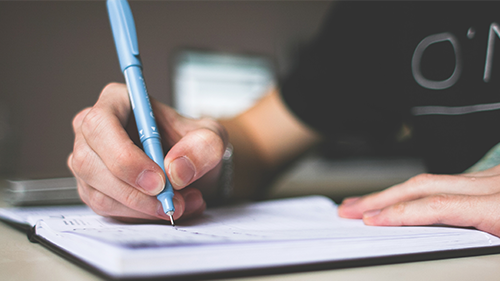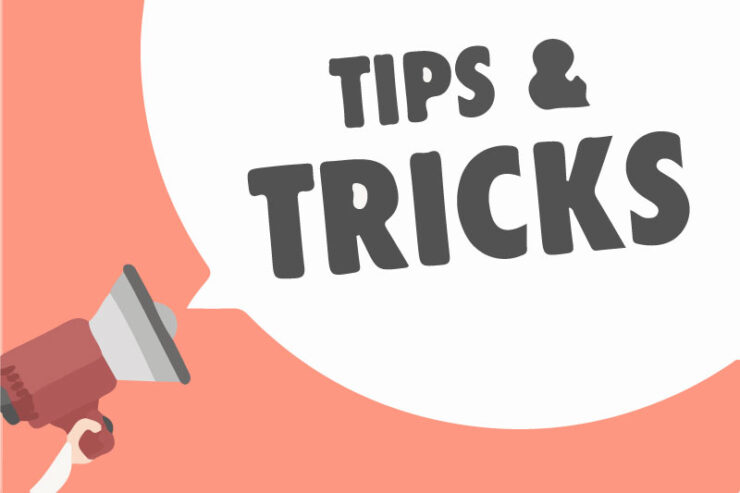If you are new to the world of hating studying, you may not understand what the term study hack means. These are basically cheating to make studying a lot easier to those that hate it. They also serve to make you a better studier overall. Here are seven useful study hacks for beginners:
Chew Gum While You Study
Part of what makes studying such a slog is that young students have a short attention span and lose track of what they are doing and why. They need something to give them focus. As outlandish an idea as it may seem, chewing gum does give your brain focus. Weirdly enough, having two things going on at once can give you increased focus on one of them, as long as the other activity is not intrusive. Chewing gum can provide you with that focusing mechanism. Rather than getting antsy and wanting to walk around, you will have a physical action going on while you study, making the whole process a lot less hard to get through.

Color Code Your Notes
As a young student, you may only be writing down notes and not worrying about how you execute these notes. While this is fine to start out with, if you want to be a more efficient studier, my suggestion would be to start color coding your notes for max efficiency. This way, you no longer waste time wading through your notes, hoping to find the one bit of information you need. Everything will be coded correctly and easy to find, leading to less search time and more study time.

Use Mnemonic Devices
You will remember mnemonic devices from your elementary school education (PEMDAS= Please Excuse My Dear Aunt Sally). Although these devices, may come off as a bit silly, they can truly help with memorization of phrases or ideas. By coming up with these shorthand phrases to memorize complex ideas, you are grounding the impenetrable ideas in something more relatable. Although coming up with a random phrase can help in a situation like this (see: Please Excuse My Dear Aunt Sally), it might be more beneficial to come up with a phrase that represents your interest. Use a phrase that connects to a hobby or interest of yours in order for it to be easier to memorize.

Create a Cheat Sheet That You Will Not Use During an Exam
One of the easier studying strategies out there is to replicate what you need to learn over and over. By continuing to repeat the information, you may have an easier time remembering it. The repetition forces your brain to take deeper notice of the concepts. An easy way to do this would be to create a cheat sheet for yourself. This is a document that distills all of the most important information that you need to learn. By forgoing all of the fluff and only going for what is most important, you will be learning only the information most essential for your quiz or test.

Listen to Lectures
How often are you in a car, just sitting waiting to get to your destination? How often do you lay in your bed and listen to music? There are so many wasted hours during the day that can be used productively. During these down periods, I would suggest listening to recorded lessons. You do not have to pay the same amount of attention as you would to a lesson during school, but you may catch phrases when passively listening that will help you during an exam later on.

The study in Little Chunks
Rather than wearing yourself out and being an inefficient studier by spending three hours studying, a better way to go about it would be to spend a little time studying and return to do a little bit later on. We humans only have so much of an attention span, so it is a bit much to ask to spend three hours on anything, let alone studying. By employing a chunking strategy, you will remain focused for as long as you study, leading to you remembering much more information.

Teach Someone Else the Material You Have Been Learning
It is one thing to learn the material and feel you have studied it well, and it is another thing to actually put that information into practice. You could take practice tests, but they will provide you with memory triggers that bring back the information. The best way to practice would be to teach someone else the material. If you can recall the information in a teaching setting without your notes, the chances are you will have no problem doing it when you take your test or quiz.






